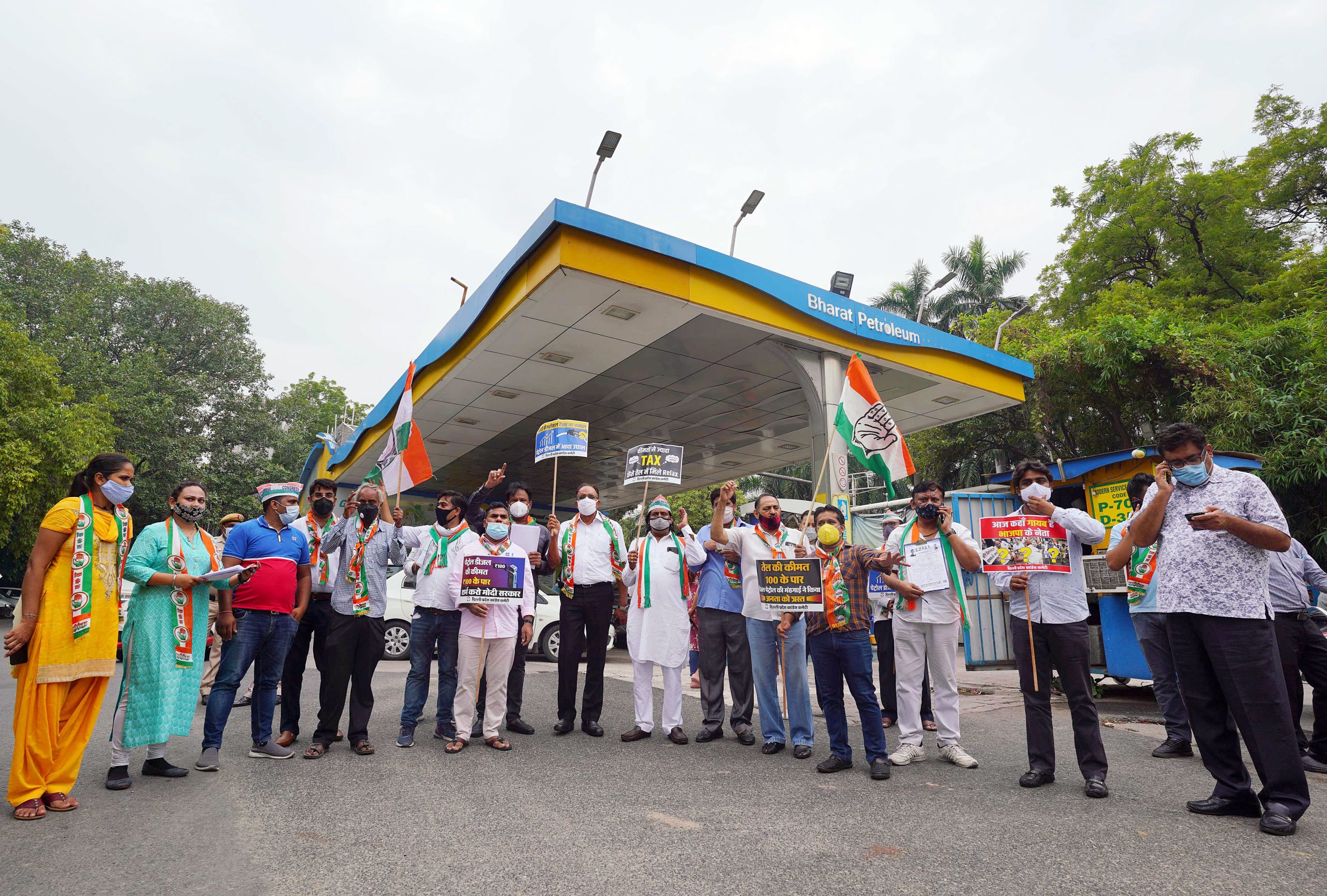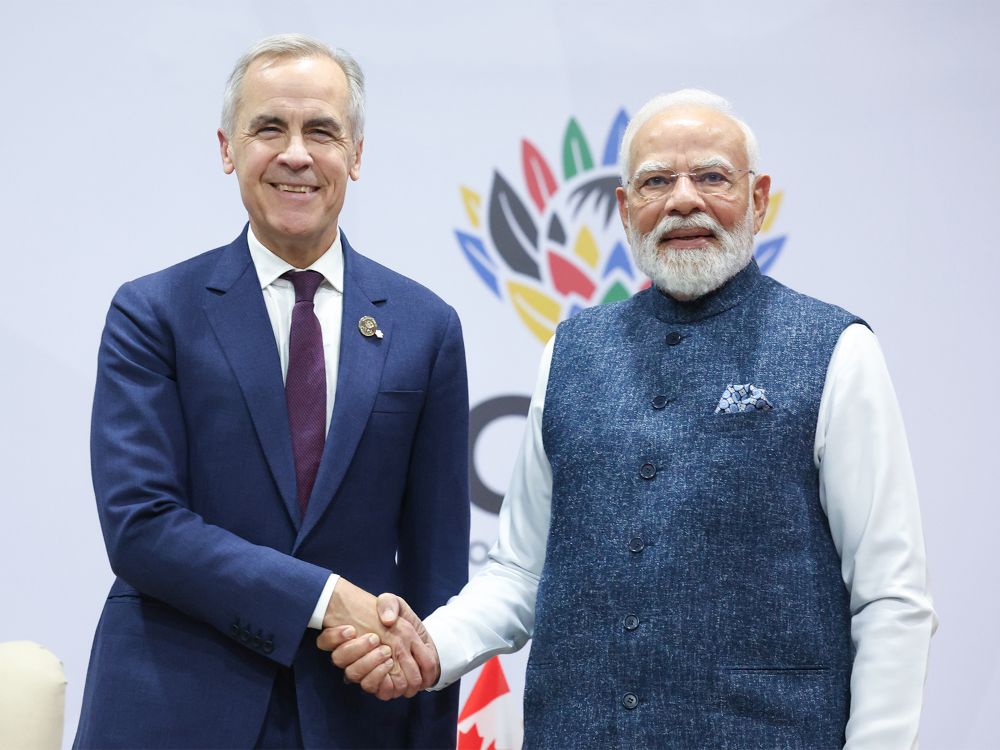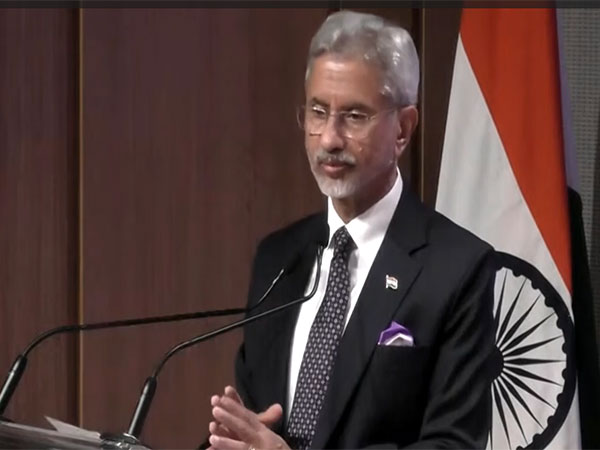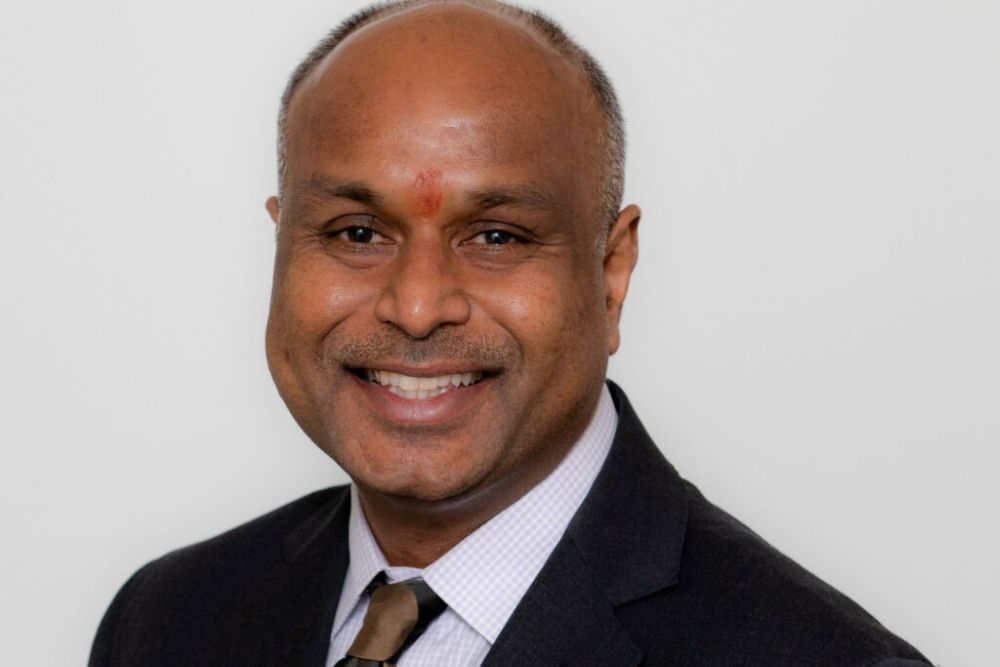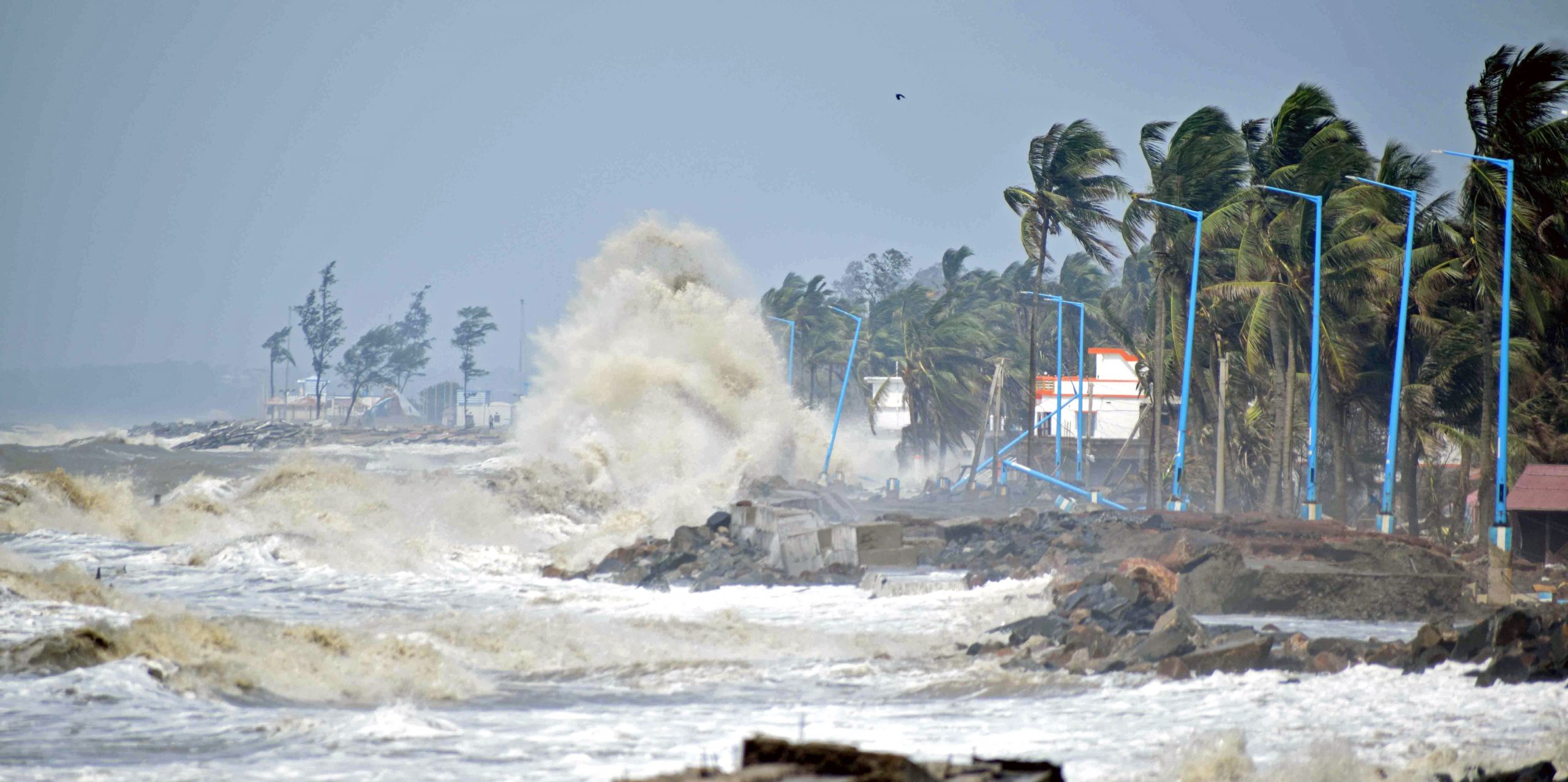S&P Global Ratings on Tuesday affirms India’s sovereign rating at the lowest investment grade of ‘BBB-‘
Our Bureau
New Delhi
The surge in fuel prices is making people spend less on non-discretionary items like grocery, health and utilities, economists at the country’s largest lender State Bank of India (SBI) said on Tuesday. The government should look at cutting taxes on oil, which is keeping the prices of petrol and diesel elevated, a note authored by group chief economic adviser Soumya Kanti Ghosh said.
Petrol prices breached the Rs 100 per litre mark across the country, while diesel is also closing in on the three-figure mark per litre. As per estimates, over Rs 40 per litre goes as taxes and excise to governments at the Centre and states. The taxes were increased when the global crude prices had dropped but have not been rolled back even as crude prices have rebounded.
“As consumers are spending more on fuel, it is crowding out expenses on health. Our analysis of SBI card spends indicates that spend on non-discretionary health expenditure has been substantially reduced to accommodate increased expenditure on fuel,” Ghosh said.
“In fact such spending has more than crowded out the spending on other non-discretionary items, like grocery and utility services to such an extent that the demand for such products has significantly declined,” he added.
Ghosh warned that the high spending on fuel also has an impact on inflation, which has breached the upper end of the RBI’s comfort band for the second month running for June, saying a 10 per cent increase in prices leads to a 0.50 per cent jump in headline consumer price inflation.
The note said there is a need for an “urgent cut in oil through tax rationalization”, failing which consumer spending on non-discretionary items will continue getting distorted and crowd out discretionary expenses.
Meanwhile, Ghosh also wondered if the CSO data showing the headline inflation to be at 6.30 per cent for May, at a time of local lockdowns in many parts of the country, was a “data aberration”.
Inflation in the country is being caused by the wrong policies of the Central government and its inept management of the economy, said Congress leader and former finance minister P Chidambaram on Tuesday, hitting out at the Centre over the rising prices of fuel and other commodities.
While addressing a press conference, Chidambaram demanded that the price of petrol, diesel and LPG be immediately reduced, and import duties reviewed. “We hold the Central government under the leadership of Prime Minister Narendra Modi directly responsible for the high inflation. It is not being caused by rising demand, rather the wrong policies of the government and its inept management of the economy,” he said.
“Congress demands that the central government immediately reduce the prices of petrol, diesel and LPG. We demand that import duties be reviewed and reset so prices of essential imported goods. We also demand that GST rates be reduced on an array of goods,” Chidambaram added.
He further said that the party condemns the government’s ‘callous negligence’ on the price hike issue.
He also quoted the National Statistical Office’s (NSO) press release that pegged the country’s consumer price inflation at 6.26 per cent, and said that this level of inflation amid the ongoing COVID-19 pandemic had broken the back of the people.
“The government and the RBI have sent an inflation target of 4 (+-2) per cent. Consumer price inflation has breached the upper limit of 6 per cent and is now, according to the NSO’s press release yesterday, 6.26 per cent,” he said.
Meanwhile, S&P Global Ratings on Tuesday affirmed India’s sovereign rating at the lowest investment grade of ‘BBB-‘ for the 14th year in a row with a stable outlook, and said that the country’s strong external settings will act as a buffer against financial strains despite elevated government funding needs over the next 24 months.
The sovereign credit ratings on India reflect the economy’s above-average long-term real GDP growth, sound external profile, and evolving monetary settings, S&P Global Ratings stated.
“India’s democratic institutions promote policy stability and compromise, and also underpin the ratings. These strengths are balanced against vulnerabilities stemming from the country’s low per capita income and weak fiscal settings, including consistently elevated general government deficits and indebtedness,” it said in a statement.
S&P Global Ratings has forecast economic activity in India to begin to normalize throughout the remainder of fiscal 2022, resulting in real GDP growth of about 9.5 per cent.
A significant proportion of this rebound will be due to the very weak base in the prior fiscal year, when the economy contracted by a record 7.3 per cent.
India’s fiscal settings are weak, and deficits will remain elevated over the coming years even as the government undertakes some consolidation.
















